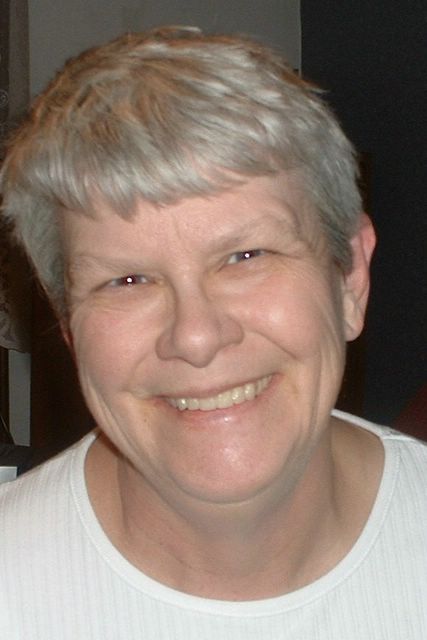Food as a cancer therapy
BusinessWeek Online - March 14 - Researchers are renewing their quest to find links between diet and the disease that'll claim more than 500,000 American lives this year
It probably won't surprise anyone with a basic understanding of nutrition that a diet rich in fruits, vegetables, and whole grains can help people stay healthy. But what should we eat to stave off cancer? To date, despite more than 3,000 formal, in-depth studies of the relationship between disease prevention and eating right, we still don't have a clear answer. Scientific evidence suggests that perhaps 20% or more of the 555,000 cancer deaths expected in the U.S. in 2002 will be related to poor diet and nutrition. With U.S. cancer rates climbing and the toxic side effects of chemotherapy weighing heavily on so many patients, doctors are putting a sharper focus on preventing the disease. A proper diet could decrease everyone's risk of contracting many of the most common types of cancer, researchers now believe, including colon, breast, and prostate tumors, -- especially when the healthy fare is accompanied by the right mix of vitamins and supplements.
Read it here

